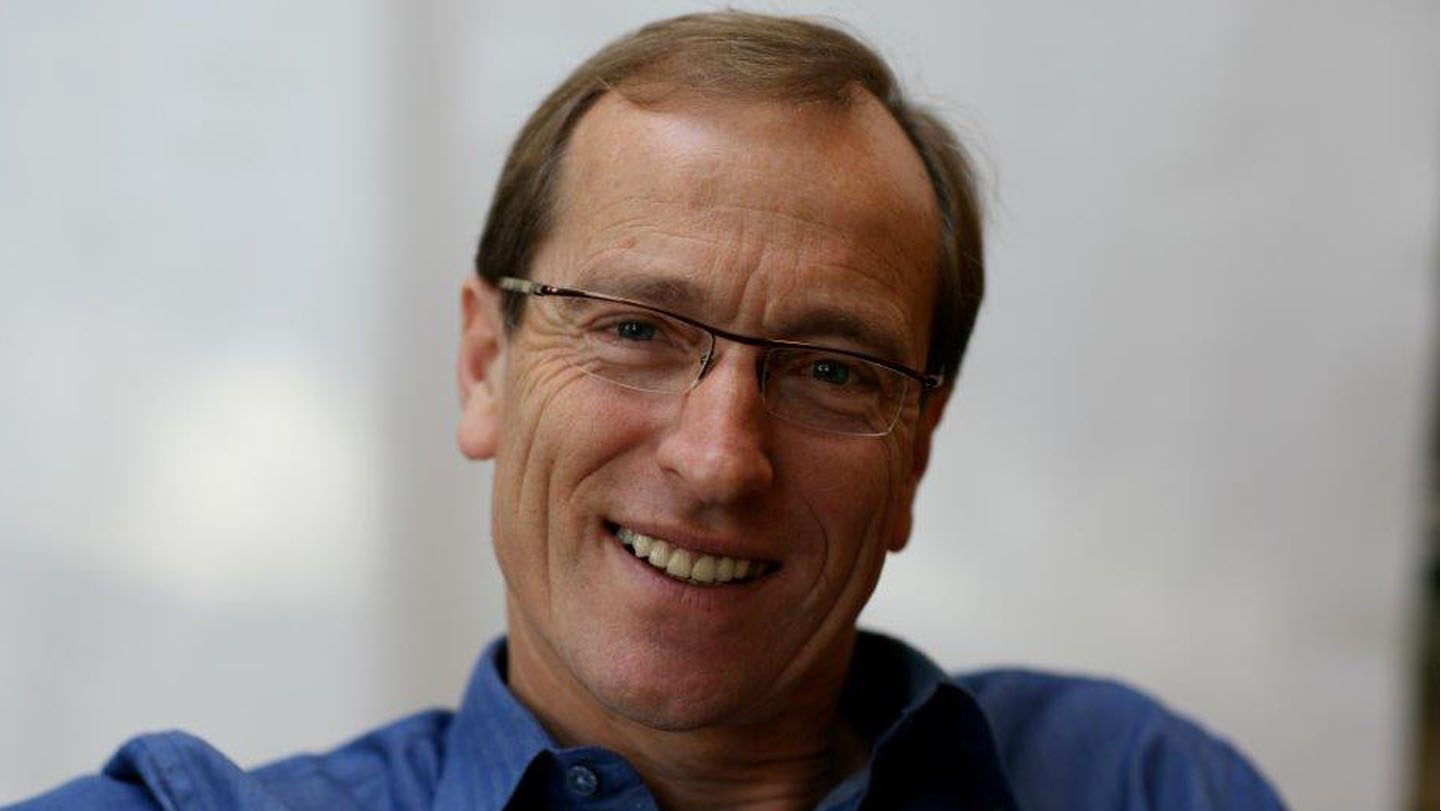I landed in Barcelona at around 10.30 in the morning. Half an hour later the ground under my feet suddenly seemed uneven. Why such a rough floor in such a modern airport?
It turned out that the roughness was not in the floor I was treading on. The defect was in my shoes. The right heel had come adrift pitching me forward onto the sole of the foot.
Two days later, after I had immersed myself in European leaders conference of the Conscious Capitalism movement, this experience had taken on a strangely symbolic quality.
In his keynote Raj Sisodia quoted the Dalai Lama
Our prime purpose is to help others. If you can’t help them at least don’t hurt them.
Psychological and social and ecological suffering are all on the rise at the same time as our economic indicators tell us we are making progress. Sisodia quoted Dying for a Paycheck, Jeffrey Pfeffer’s book which cites research from China suggesting that 600000 people (0.04 per cent of the population) die every year from overwork.
Research by the World Health Organisation tell us that overwork causes more deaths globally every year than malaria. [i]
Serious heart attacks are 20% more likely to occur on a Monday than any other day.
Jack Laffan, the cardiologist leading one of these studies, commented that ‘It is likely to be due to the stress of returning to work. Increased stress leads to rising levels of the stress hormone cortisol, which is linked to a higher risk of heart attack’.
Is this what we want from capitalism?
Sisodia argues that those who run businesses are there ‘to alleviate suffering and bring more joy’. To bring joy to those we work with we have to start by addressing our own mental and spiritual state.
The conscious capitalism movement starts with four core concepts that will be very familiar to followers of Tomorrow’s Company.
- Higher Purpose – a purpose beyond pure profits which will inspire and engage key stakeholders.
- Stakeholder Orientation: a conscious business concentrates on the whole business ecosystem to create and optimize value for all of its stakeholders.
- Conscious Leadership: a “we” rather than a “me” mentality cultivating a culture of conscious capitalism in the enterprise.
- Conscious Culture: in which the purpose and the values that accompany it permeate the enterprise, enhancing trust and cooperation among all stakeholders.
Like Tomorrow’s Company the Conscious Capitalism movement defies the traditional assumptions underlying what we teach about business and economics. It follows all the major religions of the world in insisting that everything is connected. You cannot separate business from society, shareholder wealth from planetary health, today from tomorrow.
I came away from Barcelona convinced that we need to develop, and teach, a better theory of wealth creation.
Such a theory would speak to heart as well as brain. It would treat employees as ends, not means. It would regard planetary degradation and human suffering as imperatives, not afterthoughts on some ‘stakeholder management’ agenda. It would say to leaders ‘Before you try to influence your company, or anything beyond, start with yourself. Begin with love. And then – an important by-product – realise the financial benefits.’
It is hard to defend ‘business as usual’ after a month in which more climate re3cords have been broken. Hence my own challenge to company chairs to turn their board agenda on its head so that discussion starts with the needs of the planet.
I have dedicated much of my life to change, especially change in companies. But how much have I challenged CEOs to do the homework on themselves; to examine and define their deeper purpose?
A little. But, I now recognise, not enough. The Tomorrow’s Company challenge has been first of all at the rational level
Back to that imperfect pair of shoes. A few weeks before the conference I had a conversation with Sam Boustred, Global Members’ Board Chair of a chemicals manufacturer Scott Bader – a company with a long tradition of stewardship, ethics and employee ownership bequeathed by its founder a century ago. He showed me a paper in which he was challenging his colleagues to help him ‘find the soul of the company’.
That’s the point. This isn’t simply a rational quest, important as is the rational side of this. What Conscious Capitalism represents is the courageous insistence that we must all search harder for the soul of the company.
I felt out of balance on the soles of my feet. Are you connected with the soul of your company?
Mark Goyder is the Founder of Tomorrow’s Company and Senior Advisor to the Board Intelligence Think Tank. He is the co-author, with Ong Boon Hwee, of ‘Entrusted – Stewardship For Responsible Wealth Creation’, published by World Scientific.
[i] In a paper published 17 May, authors from institutions including the World Health Organization (WHO) and the International Labour Organization (ILO) suggest that, each year, three-quarters of a million people are dying from ischaemic heart disease and stroke, due to working long hours. (Ischaemic heart disease, also known as coronary heart disease, involves narrowed arteries.
